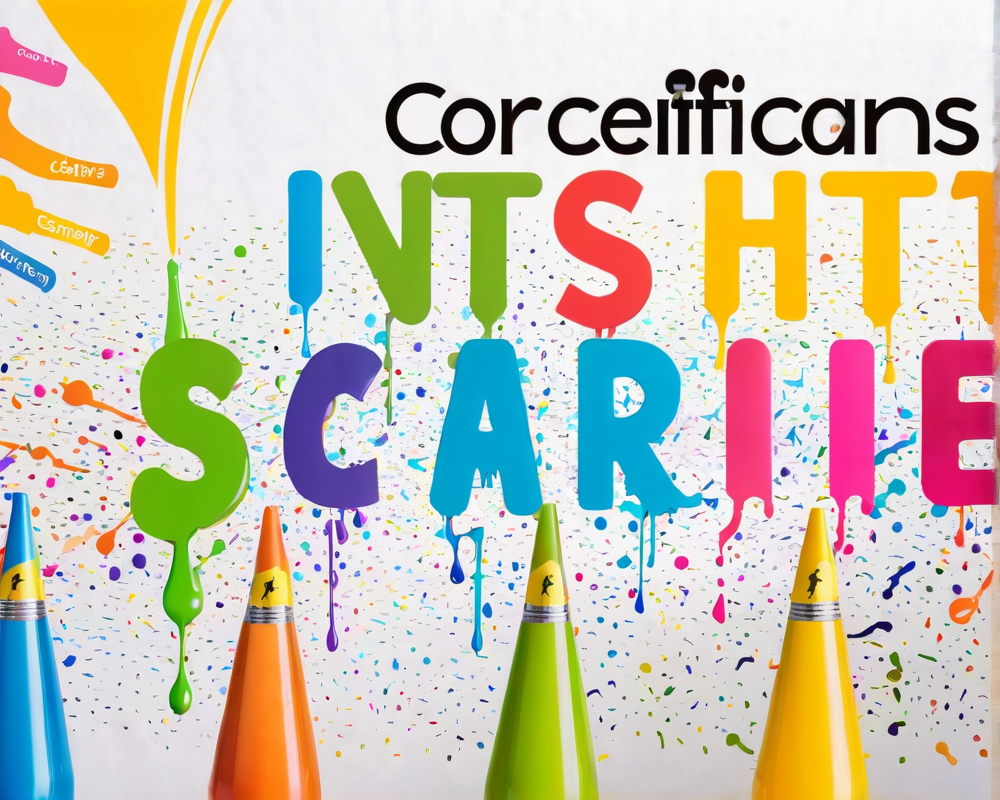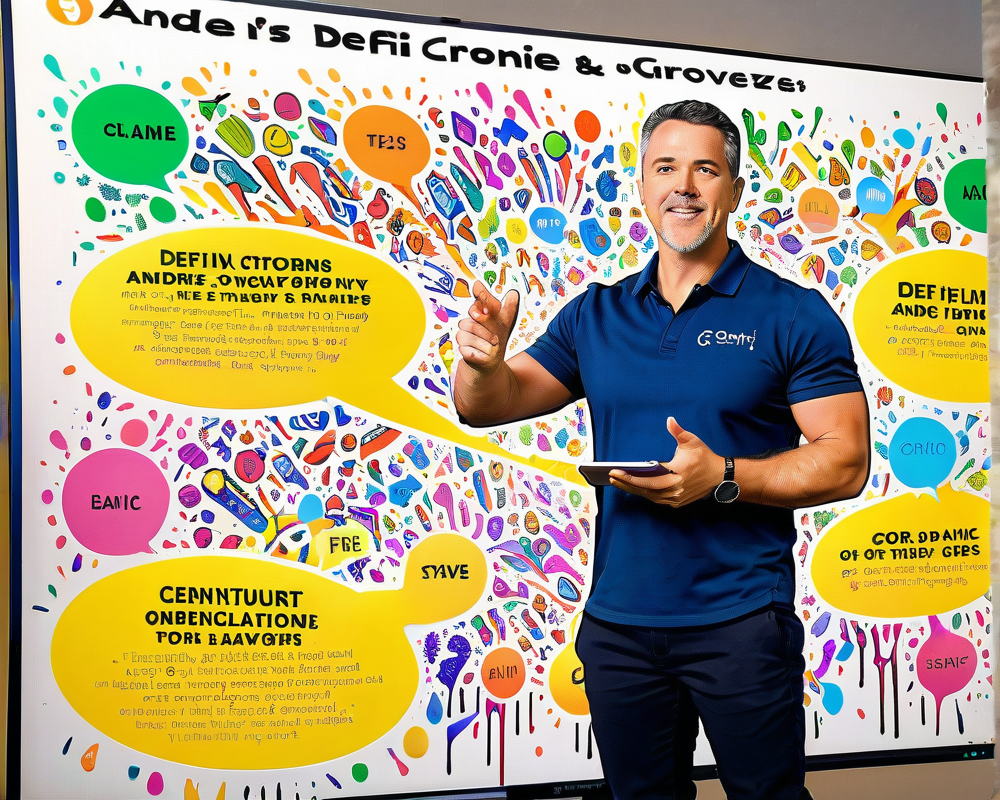The Tension Between IP Rights and Decentralization
As the Web3 ecosystem evolves, the intersection of intellectual property (IP) rights and nonfungible tokens (NFTs) is becoming a focal point of tension. David Kappos, a partner at Cravath, Swaine & Moore LLP, discussed this conflict during a conversation with Cointelegraph, highlighting that traditional IP is typically owned by identifiable entities, making it inherently centralized from a legal perspective.
The DAO Dilemma
Kappos raised a pertinent question regarding decentralized autonomous organizations (DAOs) and their ability to own the IP associated with the protocols they govern. This leads to an overarching dilemma in regulation and enforcement as decentralized models challenge the conventional frameworks governing IP rights.
Legal Issues Surrounding NFTs
In the past year, several lawsuits have arisen against NFT projects, alleging violations of copyright, trademarks, and other IP rights. For instance, the case involving digital artist Mason Rothschild, who was sued by French luxury label Hermès over the Metabirkins collection—a set of NFTs inspired by the iconic Birkin bags—illustrates the growing scrutiny on the development and commercialization of NFT projects.
Recent Developments in IP Agreements
Amid these complexities, NFT company Yuga Labs has taken steps to clarify IP rights by releasing a new agreement for its CryptoPunks and Meebit collections. This agreement allows holders of these NFTs to utilize them for commercial or personal purposes. Nathanael Lim, co-founder of Web3 media startup Avium, emphasized that while this move is beneficial for users, it signals an increased awareness of IP rights within the market.
Licensing Innovations from A16z
In August, venture capital firm Andreessen Horowitz (A16z) introduced a set of six NFT licenses inspired by Creative Commons. Lim noted that these licenses improve upon the original Creative Commons framework established two decades ago, helping clarify licensing issues that have become increasingly relevant in the NFT space. However, both Lim and Kappos agree that ongoing innovation is essential to fully address confusion within the industry.
Conclusion: Moving Forward with IP in Web3
The discussions around IP rights in the context of Web3 and NFTs underscore the complexities of navigating decentralized technologies within established legal frameworks. As the industry continues to mature, collaboration among creators, legal experts, and regulators will be vital in developing solutions that respect innovation while also protecting the rights of creators and brands.




